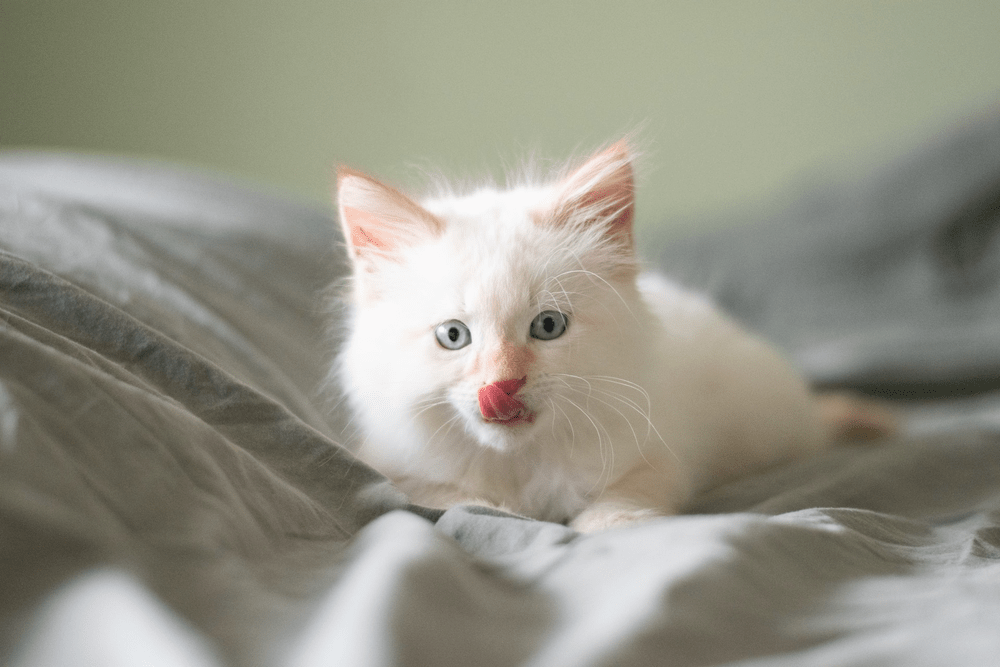Understanding Cat Kidney Disease: A Guide for Pet Owners
Welcome to our cozy corner where we delve into the world of our feline friends and their health. Today, we’re exploring a topic close to many cat owners’ hearts: kidney disease in cats. It’s a journey no pet parent wants to embark on, but understanding it can make a world of difference. So, curl up with your furry companion, and let’s navigate this topic together.
What is Kidney Disease in Cats?
Kidneys are vital organs in cats, just as in humans. They filter waste from the blood, maintain hydration, regulate electrolytes, and produce hormones. Kidney disease, or renal failure, occurs when the kidneys are no longer able to perform these essential functions effectively. It can be acute (sudden onset) or chronic (long-standing and progressive).
Acute vs. Chronic Kidney Disease
Acute Kidney Disease:
This can happen suddenly due to toxins, infections, or shock and is often reversible if treated promptly.
Chronic Kidney Disease (CKD):
More common in older cats, CKD is a gradual loss of kidney function over months or years. Unfortunately, CKD is not reversible, but its progression can be managed.
Recognizing the Symptoms
Catching kidney disease early can significantly impact your cat’s quality of life. Look out for these signs:
Increased Thirst and Urination: As the kidneys fail to concentrate urine, cats may drink and urinate more.
Weight Loss and Decreased Appetite: Cats may lose their appetite, leading to weight loss and muscle wasting.
Lethargy: A general lack of energy and interest in activities is common.
Vomiting and Diarrhea: As toxins build up in the blood, it can lead to gastrointestinal upset.
Poor Coat Quality: A once lustrous coat may become dull and unkempt.
Bad Breath: A chemical odor caused by toxins accumulating in the blood.
Other Signs: Mouth ulcers, anemia, high blood pressure, and behavioral changes.
Diagnosing Kidney Issues in Cats
Veterinarians use a combination of your cat’s history, clinical signs, and diagnostic tests to diagnose kidney disease:
Blood Tests: To check for elevated levels of waste products like creatinine and blood urea nitrogen (BUN).
Urinalysis: To assess kidney concentrating ability and check for protein, blood, or infection.
Imaging: X-rays or ultrasounds can reveal changes in kidney size or structure.
Blood Pressure Measurement: To detect hypertension associated with kidney disease.
Treatment and Management
While kidney disease is often irreversible, proper management can improve quality of life and slow progression.
Dietary Changes: Therapeutic diets low in protein and phosphorus can help.
Hydration: Maintaining hydration is crucial. Subcutaneous fluids may be necessary.
Medications: To manage symptoms like high blood pressure, protein loss, and anemia.
Regular Monitoring: Regular vet visits for blood tests and check-ups are key.
The Importance of Early Intervention
Catching kidney disease early can greatly enhance your cat’s life. If you notice any symptoms, consult your vet promptly.
Living with Kidney Disease
Living with a cat with kidney disease requires patience and love. Here are some tips to help:
Create a Stress-Free Environment: Keep their surroundings calm and comfortable.
Easy Access to Water and Food: Ensure fresh water and food are always accessible.
Regular Vet Visits: Regular check-ups help monitor the disease’s progression.
Love and Attention: Your companionship is a great comfort to your feline friend.
Navigating kidney disease in cats can be a challenging but manageable journey. With understanding, compassion, and the right care, your cat can still enjoy a comfortable life. Remember, you are not alone in this experience. We encourage you to join online communities where you can connect with others who understand what you’re going through. Share your stories, seek support, and offer wisdom in general cat health forums, such as Reddit – Cat Health Community.
Join The Conversation On Reddit r/RenalCats
Looking for Kidney Disease Success Stories
byu/Mitchell_Delgado incats
Your experiences and insights can make a world of difference to someone facing a similar situation. Stay informed, stay supportive, and cherish every moment with your beloved cat.










